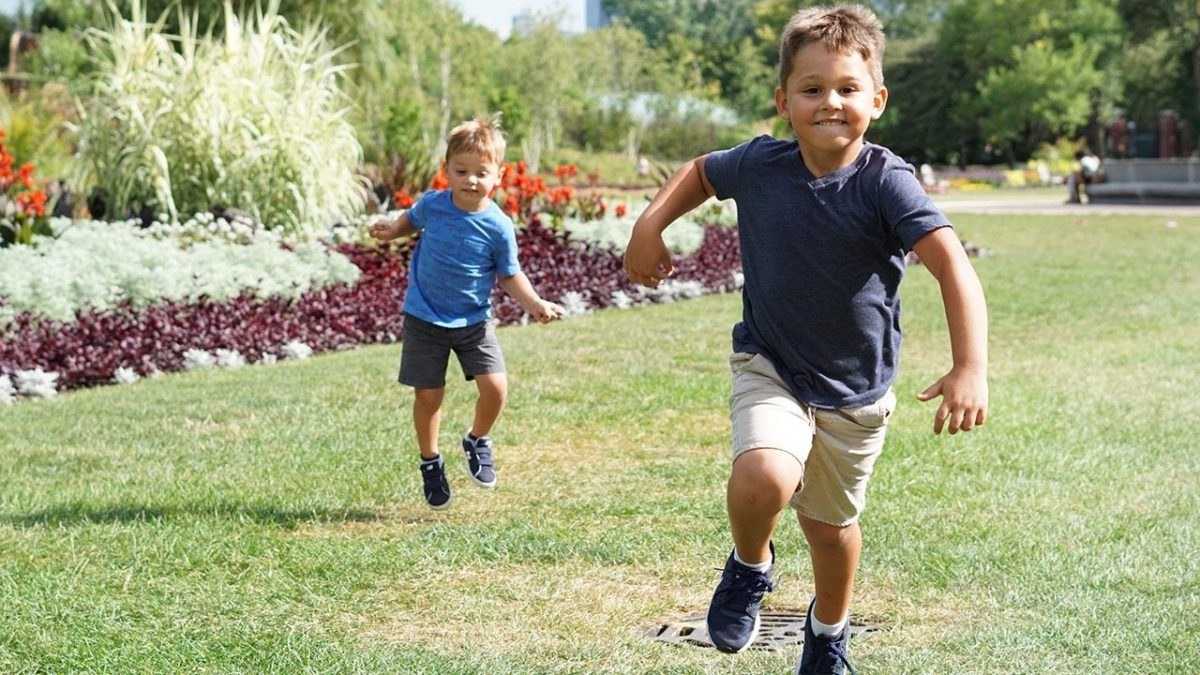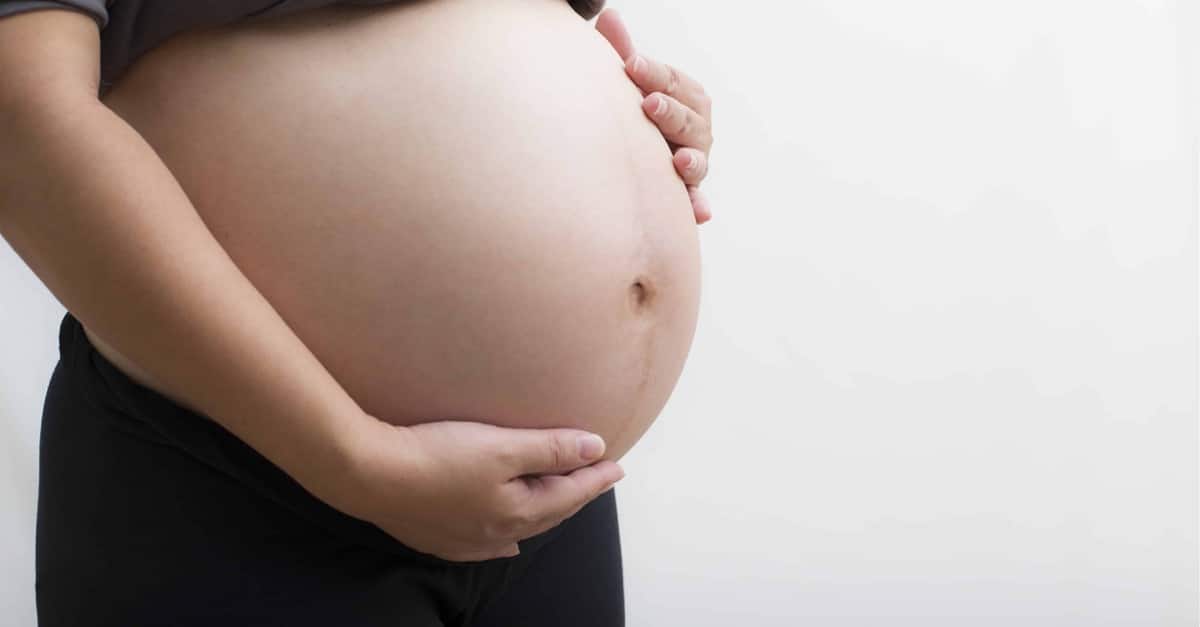
When I got pregnant with my second child, the first ultrasound showed that I had only one kidney. We had to wait a few months and several subsequent ultrasounds to discover that it had been an image error. By then, we had already made all kinds of inquiries and investigated everything that appeared on the web. It was thus that we discovered the life of the children with only one kidney, the care and recommendationss so that they can lead a healthy life.
The first thing to know is that children with only one kidney they can lead a normal life although they must take some precautions given their condition. Until a few decades ago, it was difficult to tell if a person had both kidneys. Many adults were surprised to find out and later in years and after medical studies for other reasons. Today, science and the advancement of ultrasound allow us to discover it during pregnancy. By then take the necessary precautions and thus avoid risks.
Living with only one kidney
The kidneys are important organs as they are in charge of filtering impuritiess and excess blood fluids. The kidneys produce urine and maintain regular blood pressure while producing hormones and helping to keep blood minerals balanced. While the children with only one kidney they can live without problems, it is clear that it is not the same to have one or two kidneys. That is why the care of children with only one kidney is different because it will be necessary to prevent their only organ from being damaged.
The first thing is to know that it is the only kidney that has And, for this same reason, you must take care of the organ against possible blows and eventualities. It is important not to transmit fear to the child with only one kidney, but to explain the situation. When he is old enough to understand, it is possible to explain the situation and the importance of avoiding certain activities that could eventually damage the organ. That is why children with only one kidney they cannot carry out impact physical activity.
Children with only one kidney - also known as renal agenesis - is more common than one assumes. One in every thousand children suffers from it. There are also the cases of children with renal dysplasia, a picture that indicates the proper functioning of one kidney and a second kidney that does not work well or does not work at all. In some cases, it is a congenital condition while in others it is due to a subsequent injury or illness.
Care for children with only one kidney
The first thing to do before this picture is to go to the pediatrician who, in turn and if necessary, will ask you for a consultation with a nephrologist, that is, a specialist in the field. To find out how the kidney is working, a blood and urine test will be ordered.
In some cases recommendations for children with only one kidney They include a bracelet that the child must wear to alert them to their situation in the event of an emergency. This in the case of young children because as they grow it is important to explain the situation to them so that they can then express themselves.
Another key aspect is diet, as it must include a healthy and nutritious diet in order to maintain the proper functioning of the body. One of the central aspects of feeding children with only one kidney is to avoid the consumption of salt, as it is a product that forces the kidneys to work for others. If the child goes to school, it is important that his situation is known, especially if he is young and eats at school.

In the case of sports, we were talking about avoiding risks. Although physical activity is not contraindicated, it is recommended to avoid team or contact games by opting for sports such as swimming, golf, tennis or dance. Non-contact is also repeated for any other situation, such as fights and fights, games in the schoolyard or falls during a game. While the children with only one kidney who can lead a normal life must become aware of their personal situation in order to internalize the idea of risk.
